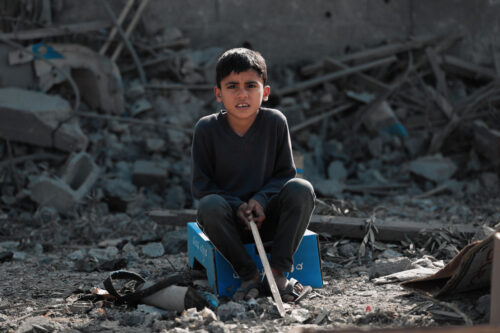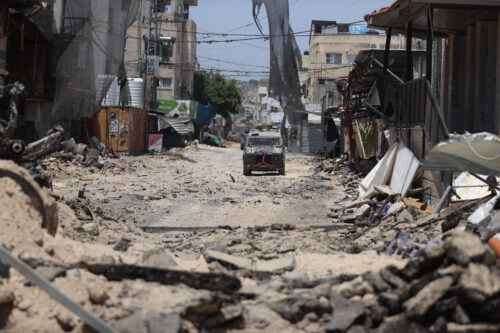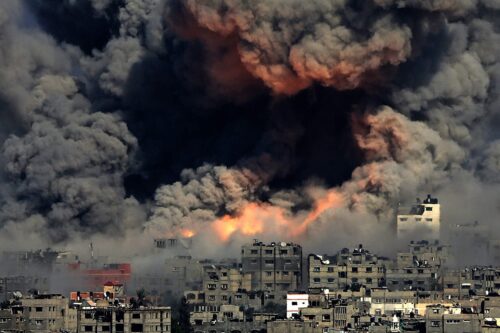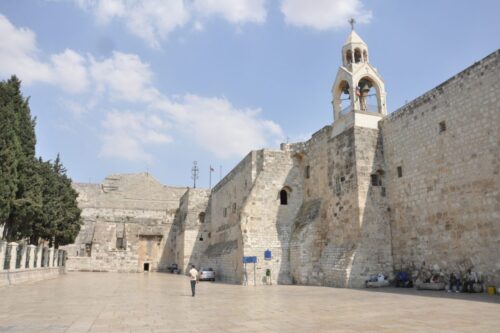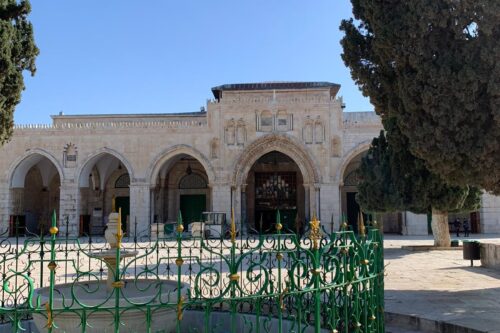Death and destruction in the classroom: teaching and learning under occupation
The lasting impact of schooling doesn’t just stem from what we were taught in the classroom; it comes from the experiences we gain from spending time with peers in an educational environment. Schools and universities should be safe spaces for young people, but for children in areas of conflict such as Palestine, this is not always the case.
Successive generations of Palestinian children have learned that their classrooms and homes are not safe places, and they have come to learn that their school uniforms will not shield them from bullets, bombs or harassment.
The occupied Gaza Strip
Schools in Gaza have been used as shelters during every bombardment that Gaza has faced since the siege began in 2007. They have also been mercilessly attacked; during the 2014 assault on Gaza known as “Operation Protective Edge”, 232 schools were damaged and 29 were totally destroyed.
Although the schools had been touted as a safe space, for the young children that sought shelter in them, they became a place of death and violence. When children returned for the new academic year, they were in unfamiliar schools, or bombed classrooms. They returned to find the empty seats of many of their friends and teachers who had not survived the violence.
The occupied West Bank
In the West Bank, the occupation is ever present for children and students within their classrooms. Their windows look out over the Separation Wall or watchtowers, and many pass checkpoints to and from school. Many students are arrested or harassed by soldiers or settlers and children in certain areas need foreign volunteers to accompany them to ensure their safety.
Teaching and learning under occupation
Across Palestinian classrooms both in the occupied Palestinian territories and in the refugee camps of Lebanon, it is obvious that teachers and students try to overcome the weight of fear, refugeehood and insecurity through education. Classes on human rights raise the issue of why they, as children, do not have the rights that they learn about, and the occupation weighs heavily on their minds.
Teachers often speak about the very real administrative difficulties they face teaching in under-resourced schools. Schools and classrooms need to be made safe spaces again where Palestinian children can learn and develop. They should not feel the weight of their poverty or disadvantage when they are at school, and this is why supporting Palestinian schools and ensuring students get to school is so important.
To learn about Interpal’s Education Aid programmes, please visit interpal.org or call 020 8961 9993.
Calculate your Zakat
Confused about how to calculate your Zakat? Try our simple-to-use calculator

